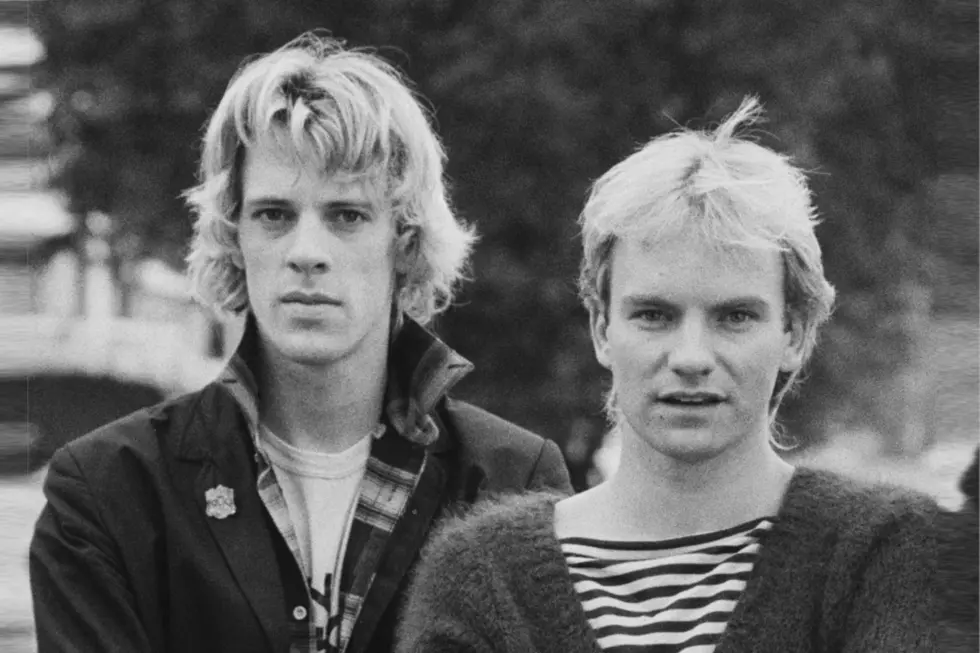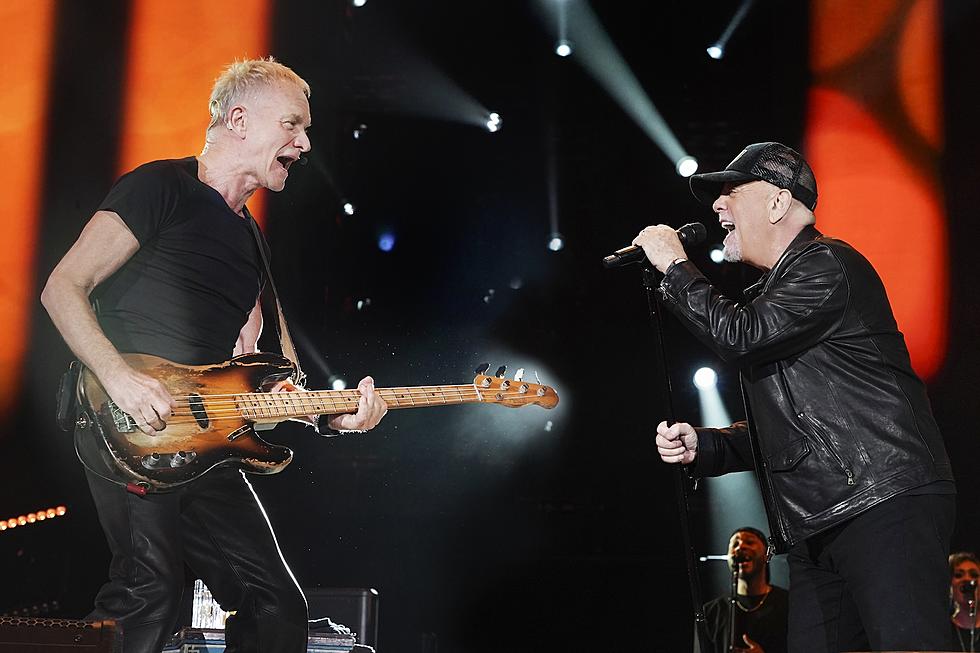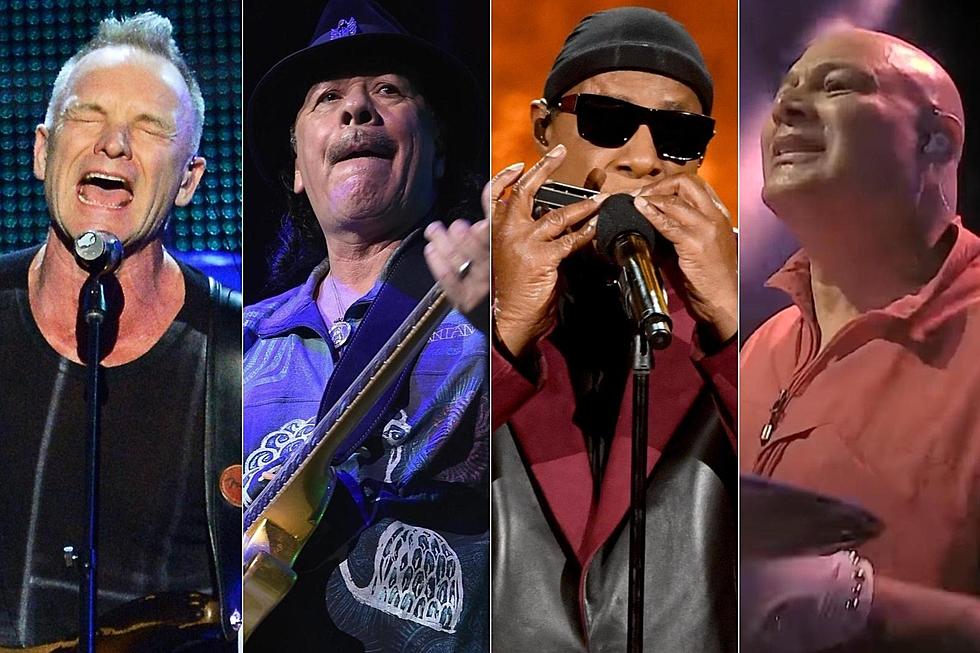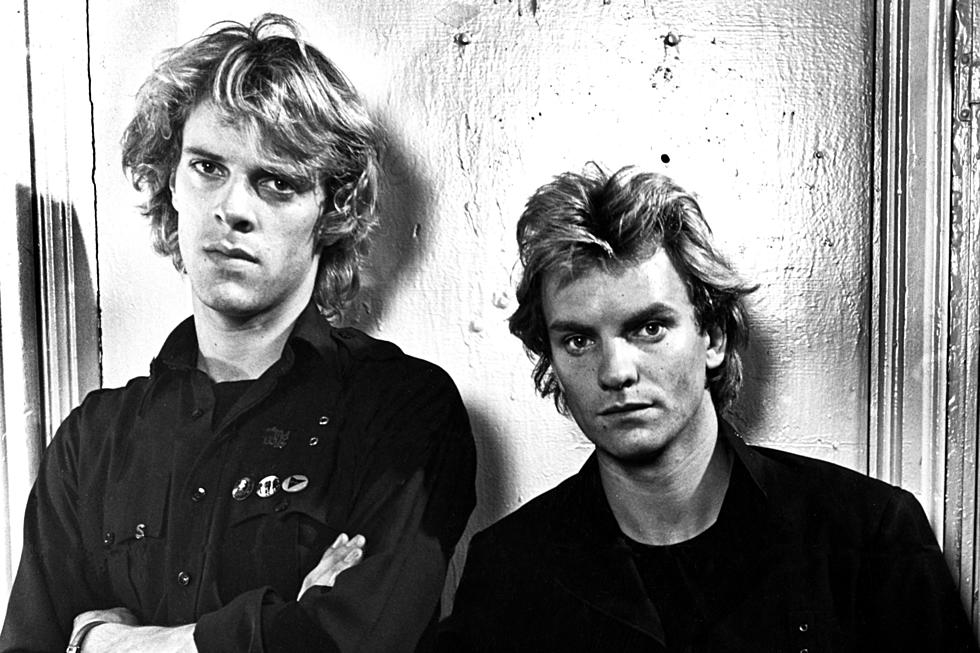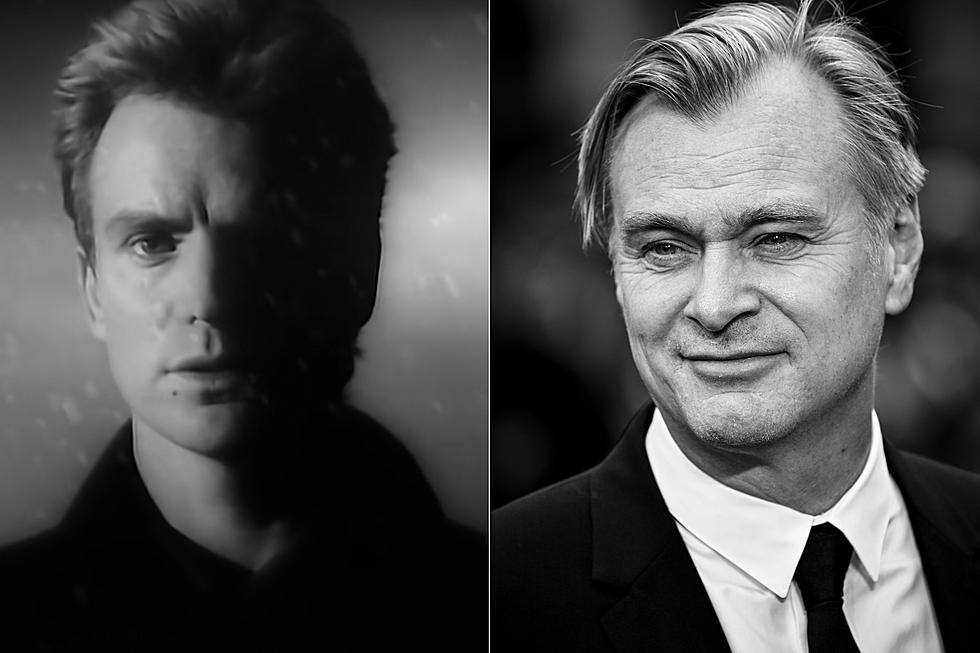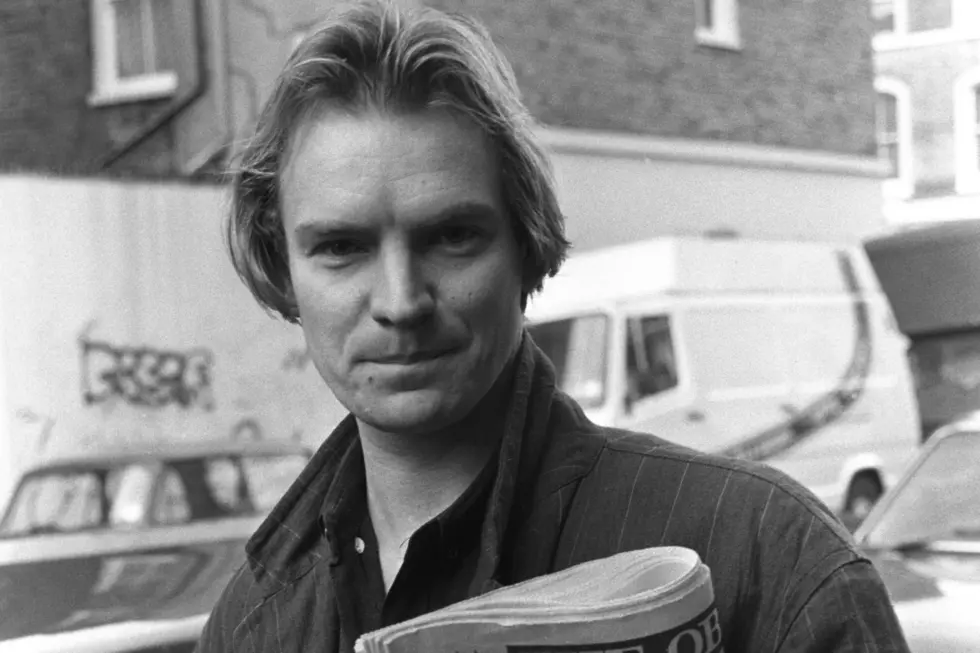
How Sting Made Art From Loss on ‘Nothing Like the Sun’
Never one to play into expectations, Sting began work on ... Nothing Like the Sun intending to try something new. No, not jazz. He'd already done that. But not rock, either.
"I don't give a fuck about rock 'n' roll," Sting told Rolling Stone in 1987, adding that there was "no new fuel in rock music."
Instead, he'd become enamored with more exotic sounds, blending the overt jazz influences of his 1985 solo debut Dream of the Blue Turtles with African and classical ideas. All of it would be held together with a loose theme of maternal strength, inspired by the recent loss of his mother Audrey after a two-year battle against illness.
Sting dedicated ... Nothing Like the Sun to her, and at one point had considered calling the album In Praise of Women.
"I felt my mother dying was something we had no choice about," he told Rolling Stone in a 1988 interview. "She was going to die; it was a given. And how were we to approach it, my brothers and sisters and myself? The way I deal with it is to express it in terms of songs. I think it was much easier for me because I had this valve I could turn on."
Perhaps unsurprisingly, the album unfolds at a mid-tempo pace. "That's the way I felt," he told Musician in 1987. "It's a reflection of two years of – it's how I am at the moment. Anything that was uptempo, I didn't put on it. I didn't feel like doing it, even though the engineer was begging me. I'm saving them for my heavy-metal album."
His still-expanding interest in musical multiculturalism, not to mention a consistent focus on renewal through songs like "Lazarus Heart," consistently steered this project away from the morose. Still, ... Nothing Like the Sun was never going to be confused with the nervy sounds Sting made with the now-defunct Police – and that was just fine with him.
"Punk was not about music," Sting told the Independent in 1990. "It was about energy and anger and being shut out. Musically, it was predictable. The Sex Pistols never went on to make Sgt. Pepper."
Watch Sting Perform 'We'll Be Together'
Of course, the always-bookish, then-36 year old Sting had long been prone to interests well beyond rock music. "I don't want to be a pop star all my life," he memorably said, just after this album arrived on Oct. 13, 1987. "I'd quite like to be a balding, rotund, Jungian analyst between 40 and 50."
... Nothing Like the Sun – even with its overtly Shakespearian new album title – went on to become Sting's first-ever solo No. 1 in the U.K., while spawning his third Top 10 Billboard single in "We'll Be Together." The proposed study of Carl Jung was apparently put aside for good – but not his determination to wrestle with larger societal issues.
"So, I have a choice," Sting told the Philadelphia Inquirer in 1988. "I can either just make those formula hit records and become someone who just keeps putting them out with no real thought, or I can satisfy a certain number of criteria for a pop record but also add something else – a little medicine, if you like, a political belief or a song about an issue.
"At the same time, my first function is to entertain, and if I'm not entertaining, I can't inform," Sting added, "So, I have to do that first. But there's nothing stopping me from putting some information in the songs. No one can stop me."
He had plenty of time to mull over such weighty topics, as ... Nothing Like the Sun evolved out of a long period of quiet. Loose solo writing sessions continued in New York City through the winter of 1986 and into the early spring of 1987. "I had this kind of monkish life," he told Rolling Stone. "I lived on my own. I cooked my own food. I went to the gym every day. I took piano lessons. The phone was off the hook. And I worked, usually, from 12 midday to very late at night."
Sting emerged from that period of solitude with songs riven by stark decay and stirring revival, then made room for a Jimi Hendrix cover (the haunting "Little Wing"). The album took in thoughts both personal ("Be Still My Beating Heart," "Englishman in New York") and political ("Fragile," "History Will Teach Us Nothing" and "They Dance Alone," which explored of the Chilean resistance to dictator Augusto Pinochet), before concluding with "The Secret Marriage," a shared moment with the German composer Hans Eisler.
Watch Sting Perform 'They Dance Alone'
More serious themes were balanced out by the winking salaciousness of "We'll Be Together," and the intrepid 7/8 cadence of "Straight to My Heart."
"There are songs I did spend a long time on and that I really care about," Sting told Q in 1987. "There are songs that are emotionally charged, and there are other songs which are just written for fun – for a laugh, or because the words sound good. I think this record is balanced between frivolity, over-indulgence and actual meat."
The sessions – unlike Sting's debut album, which featured a tight-knit group of jazz-leaning collaborators – became these bustling affairs, with a sense of shared wisdom that mirrors the album's musical pluralism. Only Branford Marsalis and Kenny Kirkland remained, joined by a group that included Sting's former Police bandmate Andy Summers, Eric Clapton (he was also recording in Montserrat at the time), Mark Knopfler, Ruben Blades (who offers the devastating narration on "They Dance Alone") and Gil Evans, among others.
Their presence likely helped put things in perspective for Sting, who had just emerged from a lengthy, and quite lonely, gestation period. "I was too bound up in it," he admitted to Rolling Stone, "to make judgments."
By the time he'd finished, however, Sting was certain he'd created his most complete musical statement yet. Next, he had to convince skeptical record-label execs. "It wasn't simple enough or directed toward the charts," Sting added. "I said, 'Why underestimate the record-buying public?'"
He was right. ... Nothing Like the Sun became Sting's second consecutive multi-platinum album. More than that, it also set the course for his solo career – and, Sting said, served as a rallying cry for those who believe rock music could take on new complexities.
"I'm starting to come to terms with a lot of things a young man suppresses. Gentleness – there's nothing sissified about that. I think a man at his highest is someone who can look after children," Sting told the Chicago Tribune in 1987. "I'm not a kid anymore. I don't want to just play the music of the young. There should be room in this thing for some adult thinking."
Legends Who Never Had a No. 1 Single
Sting's Spouse is One of Rock's Hottest Wives
More From Ultimate Classic Rock
